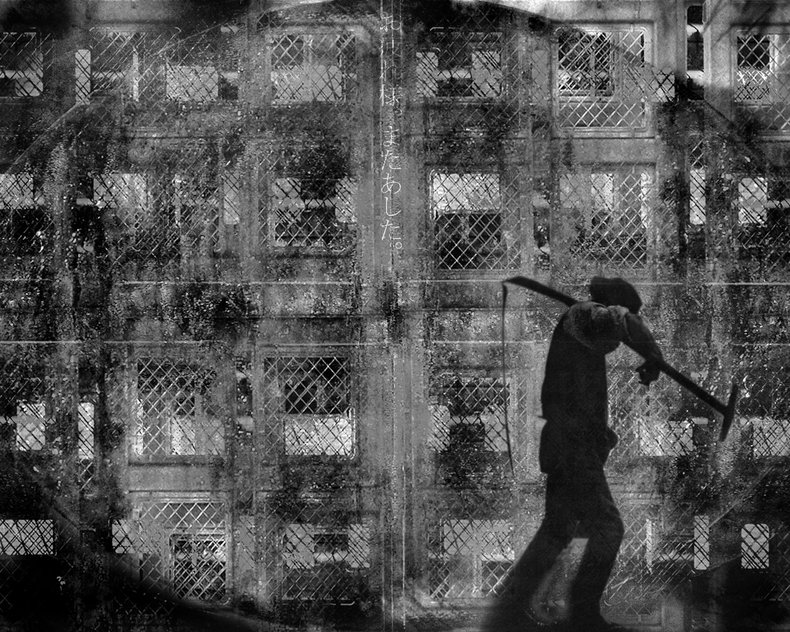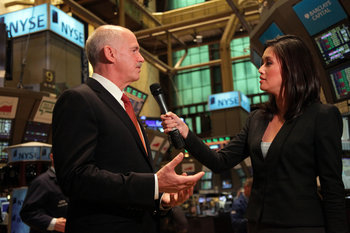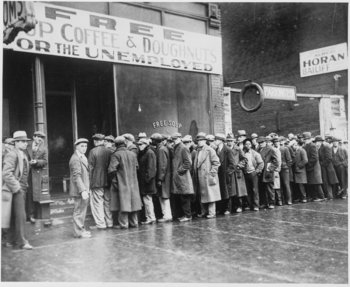
Zombie Investors
In many cases, a government that steps in to save a company structures the deal so that investors in the failed company are not rewarded. Generally speaking, rewarding investors with public money for investing in a uncompetitive business that has failed creates a moral hazard.Zombie Recovery
In some cases, zombie companies regain their competitiveness. This is most likely when a government forces dramatic changes at the firm by completely replacing the executive management.Zombie Economy
A nation that gets in the habit of bailing out uncompetitive firms either directly or indirectly through influence over banks, risks becoming uncompetitive at the national level. Zombie firms consume capital, labor and other resources such as electricity and tend to be unproductive. It is a normal function of an economy for companies to fail, when this doesn't happen a nation develops deep structural economic problems that take decades or longer to resolve.| Overview: Zombie Company | ||
Type | InvestingEconomics | |
Definition | A company that receives a government bailout or other preferential treatment in order to keep it from failing. | |
Risks | By definition, zombie companies are uncompetitive and represent an unproductive use of a nation's resources.In many cases, zombie companies generate overcapacity whereby companies waste resources by producing more than society needs as indicated by supply outstripping demand and falling prices. | |
Too Big To Fail | In some cases, governments have no choice but to save a firm because they play a central role in the economy. Governments may structure such deals to wipe out investors and completely replace management in order to avoid continued failures driven by moral hazard. | |
Related Concepts | Too Big To FailCompetitive AdvantageCompetitive ParityCreative DestructionOvercapacity | |





























